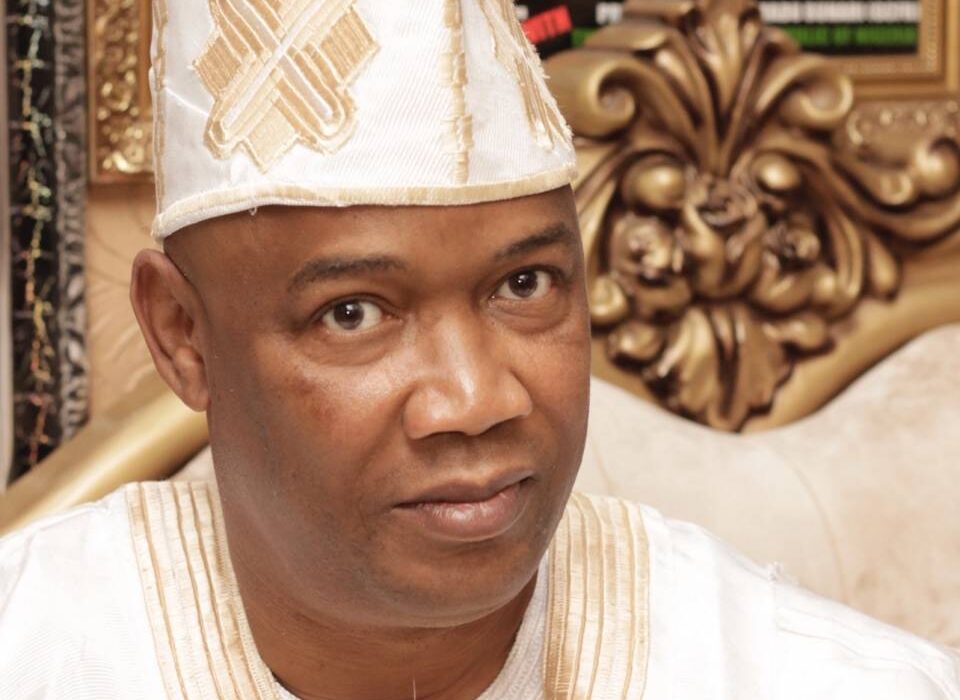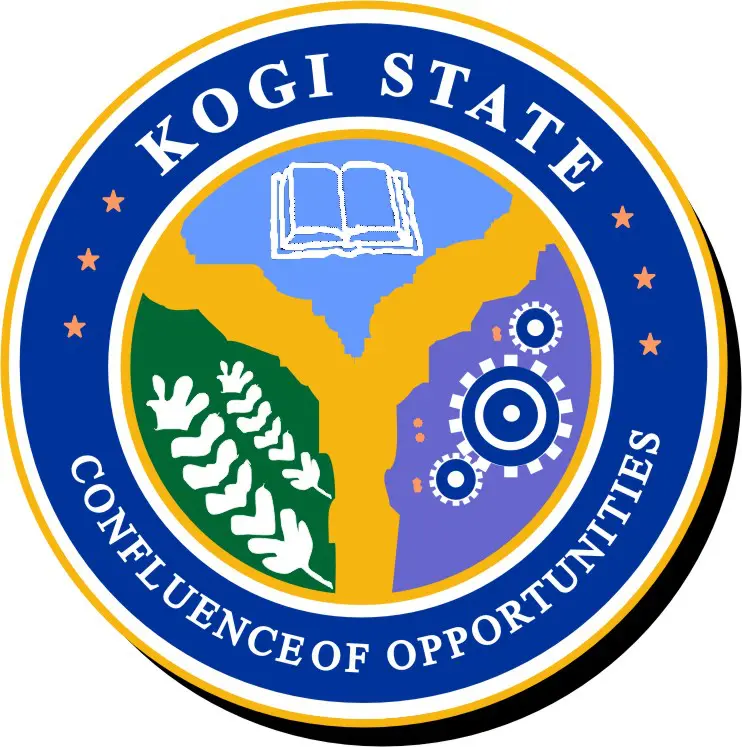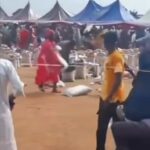The Yoruba Paradox: Makers of Leaders, Masters of Betrayal

Watching Politics Today with Seun Okinbaloye on Channels Television is usually an intellectual delight for me a rare chance to hear directly from the political actors shaping Nigeria. But on one recent episode, I was unsettled. Adewole Adebayo, the Social Democratic Party’s presidential candidate, spoke with brilliance and eloquence, his words measured and his delivery polished. Yet beneath the surface of his performance was a troubling undertone: a biting disdain for President Bola Ahmed Tinubu, a fellow Yoruba man.
That moment brought back memories of an uncomfortable truth the paradox of the Yoruba in politics. A people celebrated for their openness, hospitality, and Omoluabi ethos, yet time and again, when one of their own ascends to national leadership, they seem to take the lead in tearing him down.
History offers painful examples. Chief Obafemi Awolowo, whose vision of free education and modern governance shaped the foundation of Nigeria’s southwest, was undermined not only by his opponents but also by Yoruba collaborators. His imprisonment in 1963 bore the fingerprints of betrayal from within.
Three decades later, Chief Moshood Kashimawo Olawale (MKO) Abiola secured Nigeria’s freest and fairest election. When his mandate was annulled, one would have expected unflinching solidarity. Instead, some Yoruba elites cozied up to the military regime, trading loyalty for appointments while Abiola wasted in detention. He died in pursuit of justice, abandoned by many of his own.
Fast forward to today. Less than two years into his presidency, Bola Ahmed Tinubu finds himself under the sharpest knives not from the North or the East, but from within the Yoruba fold. Adebayo’s televised tirade is only one example of this troubling pattern. While criticism is healthy in any democracy, there is a thin line between constructive dissent and destructive betrayal.
Compare this with other regions. During Muhammadu Buhari’s eight years in power despite deepening insecurity, economic woes, and national division Northern leaders shielded him, rarely airing internal disputes in public. In the Southeast, Peter Obi commands near-sacred loyalty; his people defend him, right or wrong.
The Yoruba, in contrast, often dismantle their own leaders from within. Before rivals even mobilise, Yoruba critics have already sharpened the blade. In the name of objectivity or fairness, they weaken their collective hand in Abuja and gift political opponents the tools of destruction.
The story of Ibadan politics is a sobering microcosm. The ouster of Oba Rasidi Adewolu Ladoja as governor of Oyo State was engineered largely by his kinsmen. They sold the illusion of defending the people’s interest, but in reality, they fought only for personal gain. Today, Ibadan drifts in political leaderlessness — a shadow of its once commanding voice.
From Awolowo’s betrayal to Abiola’s abandonment, and now Tinubu’s mounting internal opposition, the cycle remains painfully clear: Yoruba brilliance in producing leaders is often matched by an equal brilliance in pulling them down.
President Tinubu is not perfect. No leader is. But he is attempting bold reforms that could reshape Nigeria’s economic foundation. If he fails because his own people undermine him, the Yoruba risk another generation of political irrelevance.
Loyalty does not mean blind worship; it means defending your own against external sabotage while correcting them privately within the fold. The Hausa-Fulani understand this; the Igbo have mastered it. Until the Yoruba learn the same lesson, they will continue to be makers of leaders and masters of betrayal.
Mogaji Wole Arisekola writes from Ibadan.









